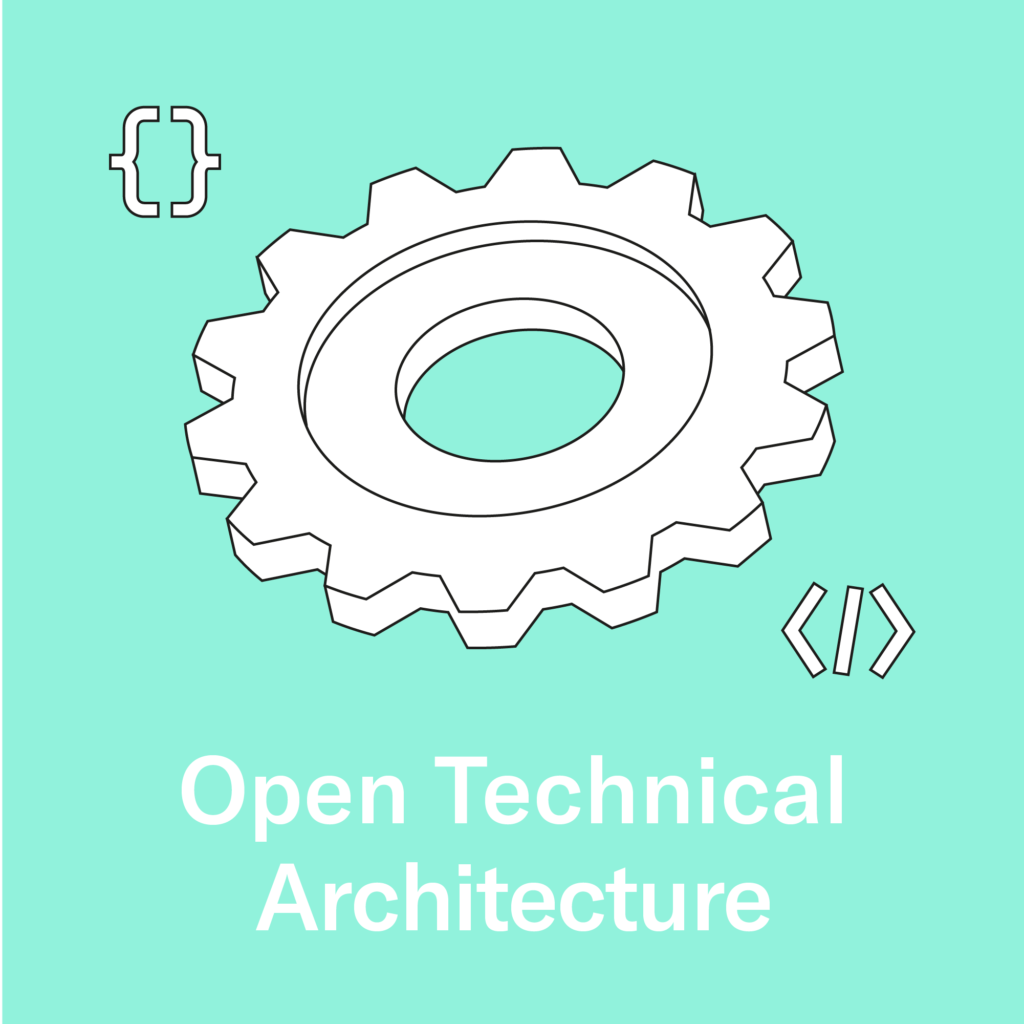This commonly comprises legacy systems, different departmental technologies and ad hoc solutions. IT systems, security, processes and policies need to be revised to build and open technical infrastructure based on open industry standards, open APIs, open and source code. This infrastructure should be available to an open network of vendors and stakeholders.
A technically agnostic reference architecture supports fast take-up of digitally based solutions in cities and local authorities, allows many city stakeholders to participate and enables different solutions to be easily integrated. It creates a vendor agnostic, interoperable, standards-based architecture and implementation. Examples of open technical architectures being developed for city governments include the EU funded European Innovation Partnership on Smart Cities and Communities (EIP SCC) Open Urban Platforms project [1], the City Enabler for Digital Urban Services (CEDUS) being supported by EIT Digital (European Institute of Innovation and Technology) as well as the Smart Columbus Operating System (SCOS), a federally funded smart city initiative in the U.S. [2]
An open technical architecture is a prerequisite for an open mobility ecosystem emerge. Amongst other benefits, they provide the foundation for a city authority to accept and disseminate data from both public and private transport service providers and other systems, and to collect and analyze data to better understand and address urban challenges.
Best practice: [1] EIP SCC Open Urban Platform [2] Smart Columbus
